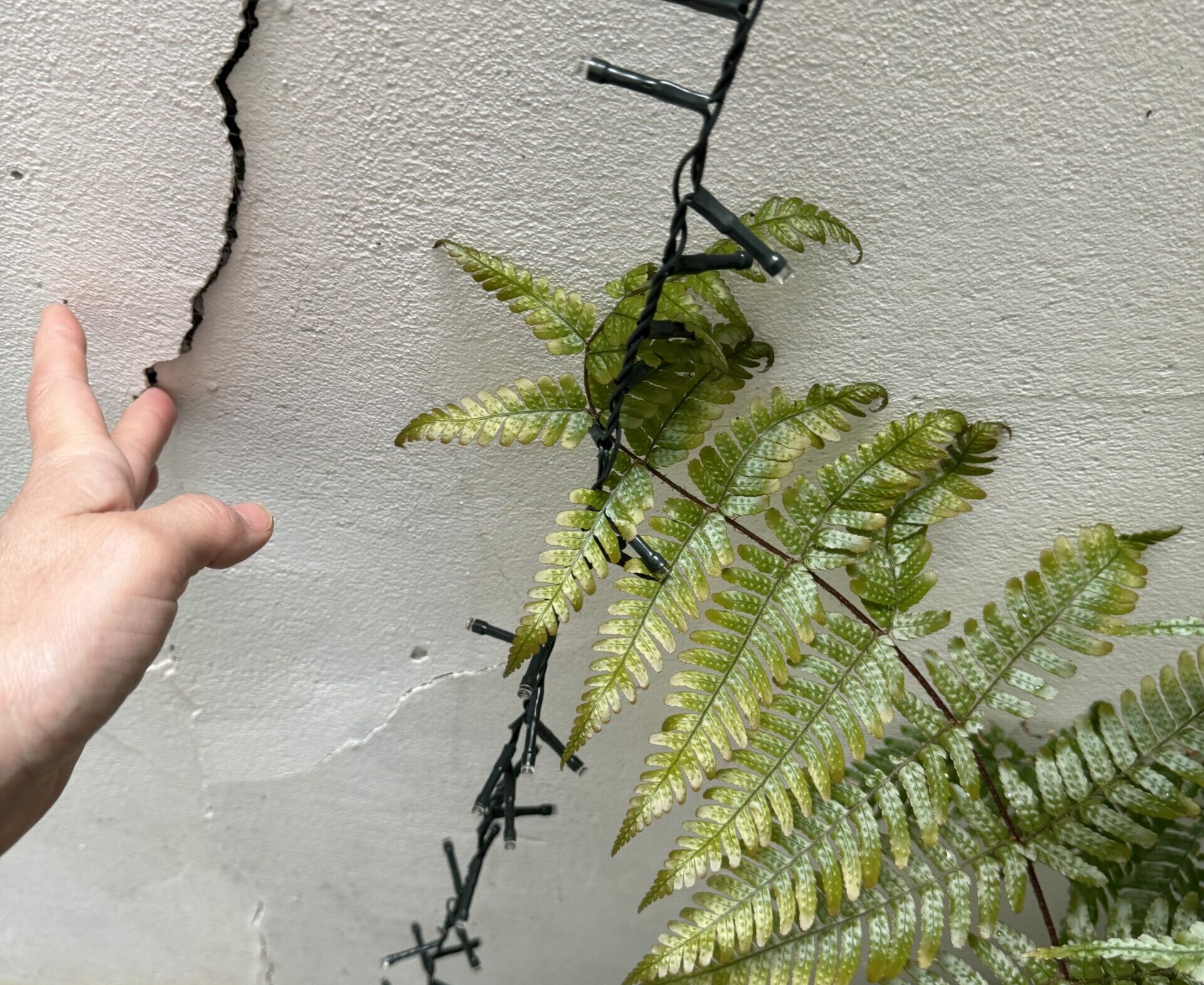Don’t let foundations crisis be the next Groningen, warn MPs
Senay Boztas
One in eight Dutch houses will soon have problems with its foundations and the government needs to act now to avoid a crisis on the scale of Groningen, MPs have warned.
In a parliamentary debate on Tuesday night on the Netherlands’ foundations problem – caused by lower water tables, climate change and inadequate building – parties said to avoid a crisis, the next government must take urgent action.
According to a report published by the environmental and infrastructure agency Rli in February, 425,000 properties in the Netherlands currently have sinking foundations. If nothing is done, it said, the total will spiral to a million and repairs will cost €54 billion. The Rli criticised home owners, mortgage lenders and politicians for “looking away” for 20 years, while prices spiralled despite the poor state of the assets.
Jan Paternotte, housing spokesman for the D66 liberal democrats, warned that if the government spends the next few years commissioning reports and trying to find other bodies responsible, the crisis will escalate to the level of earthquake damage in Groningen, marginalised for years while lucrative gas extraction continued.
“Last spring, I was in Groningen…and [was shocked by] the stories you hear there, the misery that people have gone through, and especially the amount of time before it was acknowledged and the government stopped saying more investigation was necessary,” he said. “This is not about who caused what: it’s about helping people. We need to avoid the same thing happening on this subject. You can’t compare Groningen to foundations damage like-for-like, but you can look at the attitude of the government.”
Costs
If a building’s foundations fail, rot or are attacked by bacteria – as in these 425,000 properties – cracks appear in walls, floors skew, pipes stop running properly, doors and windows jam and a home can even become unsafe to occupy.
The Rli said the average foundations repair costs €120,000, cash that many home and building owners cannot always easily raise without selling. It recommended a €12 billion government scheme offering advice and expertise, making it obligatory for house sellers to declare the state of the foundation by 2029, and with the state paying for 70% of investigation costs and 30% of repairs.
But some MPs said water boards – which are publicly elected and publicly funded through levies – should take more responsibility. Merlien Welzijn, of New Social Contract, and Habtamu de Hoop, of GroenLinks-PvdA, said if water boards have artificially lowered the water table, potentially exposing wooden foundations under homes to rot and bacteria, they should bear financial responsibility to fix them.
Tiptoe around
Henk Vermeer, MP for farmer-citizen movement the BoerBurgerBeweging, said water tables were not only lowered to help farmers, but balanced agricultural and housing needs. “In 2018, drought meant that the ground water levels dropped sharply, wooden piles were exposed and rot was lurking,” he said. “But houses built on clay and peat also struggled with drought. A dry year is appalling for farmer and citizen, harvests fail and houses can start to subside due to dry ground. In both cases, it’s clear that managing the ground water level is complex.”
Current housing minister Hugo de Jonge agreed that property owners needed local and national advice points to help assess and solve their problems, and said property owners, mortgage lenders, insurance companies and water boards will have a role in financing repairs, not just government. He said it would be an urgent job for his successor to draw up concrete plans in time for the autumn budget.
“The day you say that you know you should take more responsibility for solving the problem is also the day when others will start looking at you, and they will also expect you to take responsibility for the bill,” he pointed out. “So everyone tiptoes around, looking at the ceiling – and this is an attitude we want to break through.”
The AFM financial authority last year recommended an obligatory “climate label” to properly inform home buyers about climate risk and factor in major costs like foundation repairs. Valuation company Calcasa said a realistic assessment of climate risks would reduce Dutch property values, which have doubled since 2015, by €325 billion.
Thank you for donating to DutchNews.nl.
We could not provide the Dutch News service, and keep it free of charge, without the generous support of our readers. Your donations allow us to report on issues you tell us matter, and provide you with a summary of the most important Dutch news each day.
Make a donation